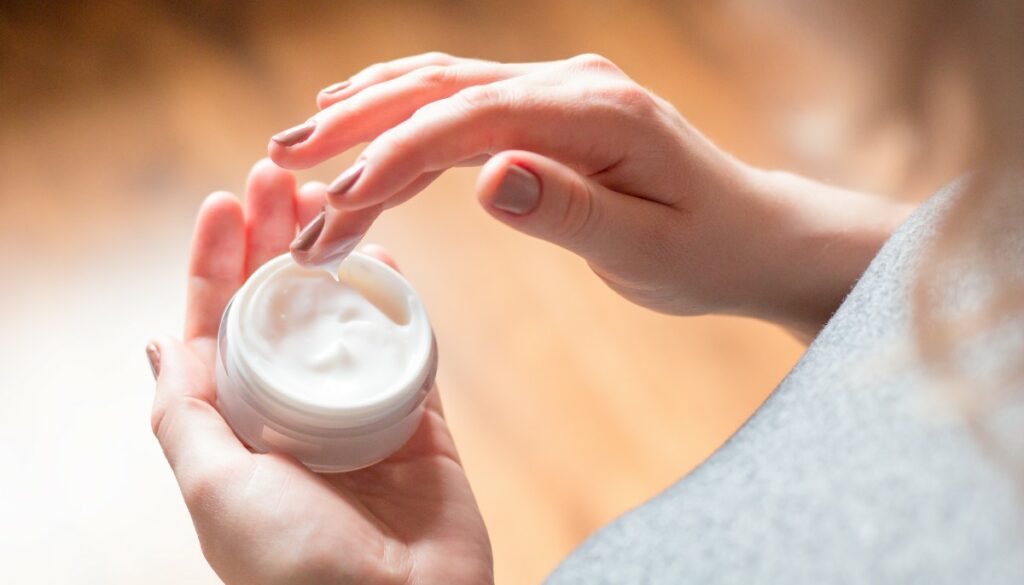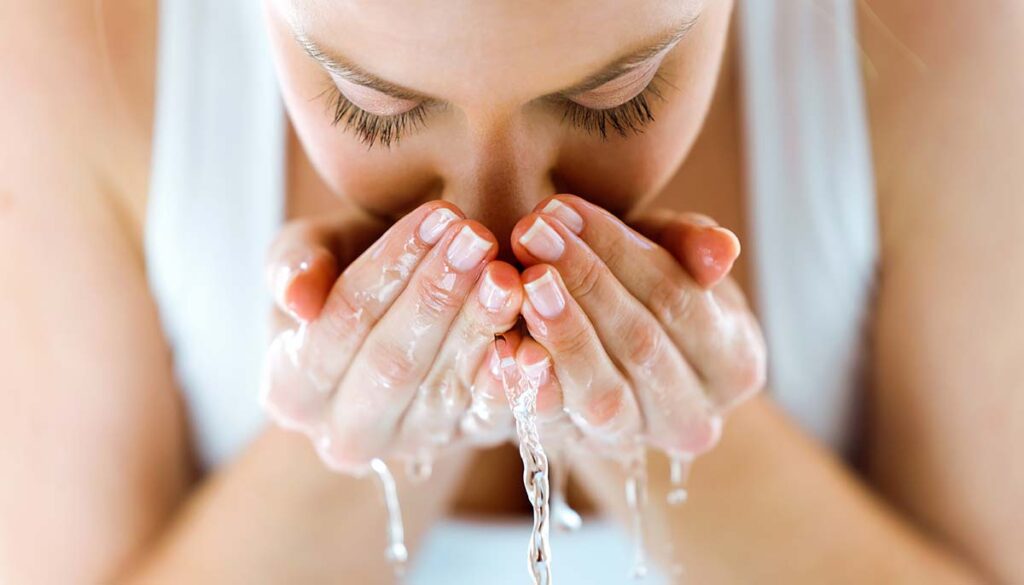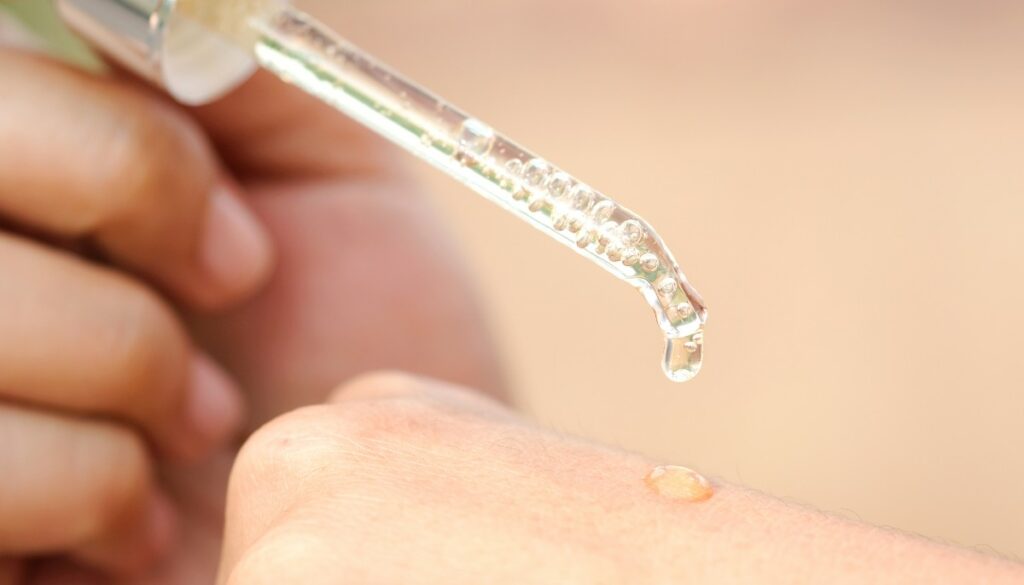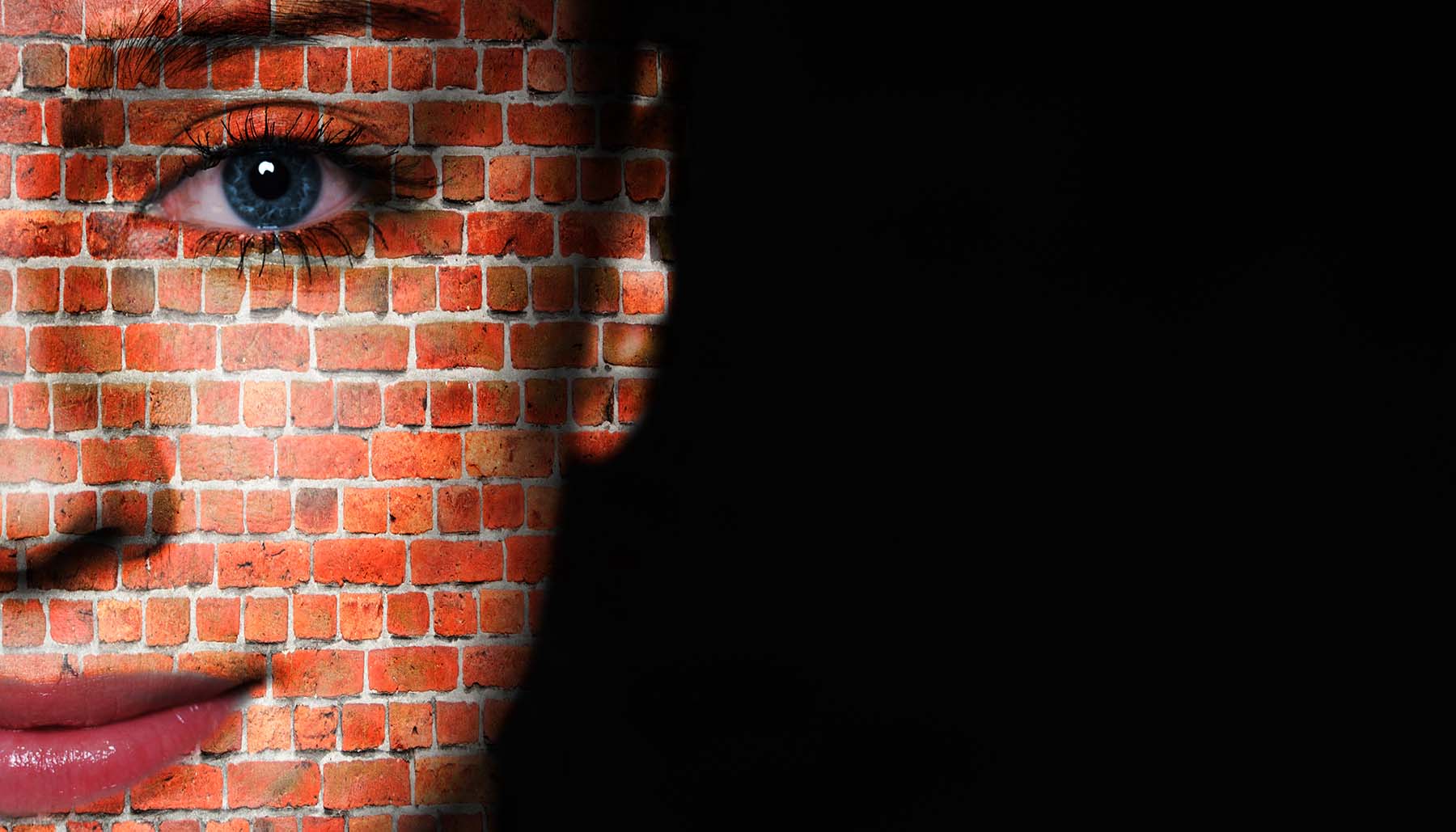Has your skin been feeling lackluster as of late? There’s a strong chance your skin barrier might need a little more TLC. And we’re here to help.
The skin barrier is often described as “the secret to good skin.” But taking proper care of it doesn’t have to cost a fortune, nor does it have to involve mystery ingredients. Oftentimes, less is more. So if you’ve been thinking of spending a ton on skin barrier-oriented products, dermatologists say you might want to reconsider.
According to beauty pros across the globe, if you want to repair your skin barrier, it’s possible to heal it gradually and naturally. Skin experts say to start by streamlining and simplifying your current beauty routine, then adding in products that really work.
Whether or not your skin barrier has been compromised, taking better care of it is always a healthy choice. So without further ado, here’s what to know about your skin barrier, how it functions, and the at-home steps worth taking to make it stronger than ever before.
What Is Your Skin Barrier, and What Does It Do?
Our skin is our largest organ. And so, taking superior care of it shouldn’t be taken lightly. Comprised of three layers, the outermost layer of our body is our skin barrier.
The skin barrier has two key functions. Firstly, it serves as our first line of defense against many daily factors that can easily damage our skin. It works to seal in the good stuff. Secondly, it works to keep as much bad stuff out as possible.
Of course, this isn’t always as simple as it sounds, especially not when we throw air pollution and aggressive skin stressors into the mix. That’s why it helps to know what we’re up against and what we can do about it on a daily basis.

One of our skin barrier’s biggest jobs is to lock in moisture. The healthier your skin is, the easier the skin barrier can perform this job. To maintain proper moisture, we need to maintain a proper pH balance. Per Naked Poppy, “the lipids within the lipid matrix, such as ceramides and essential fatty acids, need to be in a certain ratio for the skin barrier to function properly.”
A happy, healthy skin barrier works to keep our skin hydrated, soft, supple, and damage resistant. In contrast, when it’s not able to do its job effectively, it shows. Even if you don’t know what’s going on right away, the signs will soon show up, and they’ll likely get worse if you don’t tend to the problem.
Our skin barrier’s health goes much deeper than the surface. As noted by The National Library of Medicine, The skin barrier is important to human life. Physically, it protects from external threats such as infectious agents, chemicals, systemic toxicity and allergens. Internally, the skin helps to maintain homeostasis and protects from enhanced loss of water from the body.”
Read More: SPF Products With Unique Skincare Benefits
Signs Your Skin Barrier Has Been Compromised
If you notice dull, dry, flaky, or irritated skin, it’s likely that your skin barrier has been compromised. To figure out what’s going on, start by looking to your surroundings, climate, and beauty routine for answers. With the right tweaks, you can go back to loving the skin you’re in ASAP.
Per Healthline, “our skin barriers get damaged when lipids (the natural fats that help our skin) are broken down. There are many reasons why this can happen. Firstly, there are genetics, aging, and environmental factors, which, let’s face it—are largely out of our control. Secondly, however, there’s our skincare routines and sleeping regimens.”
Some other common factors that lead to a compromised skin barrier include washing your skin with water that’s too hot or too cold, over-exfoliation, sun damage, sleep deprivation, stress, and involving too many combined active ingredients in your skincare regimen.

If you think you might be guilty of one or more of these missteps, pay close attention to the changes going on with your skin on a daily basis. Try to see if you can spot the signs of a weakened skin barrier in the early stages. The most common signs of a compromised skin barrier often start with redness, dry skin, discoloration, irritation, inflammation, acne, sensitivity, infections, eczema, and rosacea.
When the skin barrier is damaged, the lipid matrix is not at its strongest, allowing cracks and gaps to form. Once this happens, irritants and germs make their way into the skin, and the water needed to maintain proper moisture finds its way out. In turn, the skin becomes noticeably dehydrated and potentially inflamed.
If you’re ready to strengthen your skin barrier, let’s talk about how to heal it and help it do its magic.
Moisturize Consistently

A damaged skin barrier requires continuous hydration. If you’re serious about rebuilding and restoring your skin barrier, you should prioritize moisturizing your skin on a daily basis. Even if you’re skin barrier doesn’t appear to be damaged, keeping it hydrated will keep it healthy.
Whether you go with body butters, creams, lotions, or serums that contain moisture-binding humectants (like hyaluronic acid), your skin barrier will thank you.
“You can help repair your skin’s barrier by simplifying your skincare regime, using products with a suitable pH, and using a moisturizer that contains ceramides or a humectant like hyaluronic acid. Moisturizers with petrolatum can also help your skin barrier seal in moisture,” per Healthline.
Read More: BB Cream, CC Cream, or Tinted Moisturizer: Which One Should You Choose?
Opt For a Gentle Cleansing Routine
No matter the state of your skin barrier, beauty experts often recommend washing your skin with tepid to cooler water and steering clear of water that’s too hot or too cold. Also, if you love your body scrub but your skin barrier seems compromised, it might be time to part ways with it.
Exfoliating too often is one of your skin barrier’s enemies. This is primarily because over-exfoliation is often a culprit in dehydrated skin. And the dryer our skin is, the more our skin barrier is compromised.
With that said, it’s still okay to exfoliate. Have you looked into enzymatic exfoliation? Dermatologists say it might be the gentler but still effective route. And always, always, always moisturize afterward. The pros say for the glowiest of glowing results, reach for a moisturizer containing lactic acid.

With your skin barrier’s best health in mind, invest in a mild cleanser, a moisturizer you trust, and keep your exfoliating to a minimum. And remember, less is more.
To troubleshoot your skin and assess what it needs, using too many products at once will only make matters more confusing and potentially worse. Skin experts often recommend only using one active ingredient at a time. Be patient.
It can take your skin weeks (or potentially months) to adjust to the change. In fact, your skin needs time to adjust to every product you introduce it to, and too much overlap can often do more harm than good. Once your skin seems fully adjusted, you can begin adding more steps, but again, don’t go overboard.
Address The Inflammation

Over-exfoliation isn’t the only thing that leads to inflammation. Many skin products, especially those used to fight acne, often contain harsh chemicals. And if you’re a fan of retinoids but suffer from inflammation, you might want to retire it.
If you suffer from redness or dry, flaky skin, consider discontinuing the use of harsher products until your skin heals, and then stagger the use of anti-acne and anti-aging ingredients every other day or a few times a week. In fact, some dermatologists say you should toss out cleansers and toners with astringents altogether, opting for products with calming ingredients instead.
Add Antioxidants to The Mix

If your skin barrier is damaged, restoration is key. Antioxidants are a great place to start. To replace depleted skin lipids, skin experts frequently recommend slathering on oils loaded with skin-nourishing antioxidants. But downtime is important too. So if your barrier has been compromised, you might want to take a break from active ingredients for a couple of weeks.
Look for formulas with things like vitamin B, polyphenols, and Coenzyme Q10. Per MindBodyGreen, “Since antioxidant protection is a vital part of caring for your barrier, any non-irritating topical antioxidant will improve its health.”
Read More: I’ve Tried a Lot of Anti-Aging Serums – Here Are the Best
Get Serious About Sunscreen

Among the significant culprits behind a damaged skin barrier, sun exposure is usually the biggest. Too much time in the sun weakens your skin barrier, leading to sunburn, peeling, and photoaging.
To protect and replenish your skin barrier, it’s essential to wear sunscreen (30 SPF or higher) on a daily basis. To help you on your hunt, read our roundup of the best sunscreens for every skin type. On top of shielding your skin barrier from the skin, you can also protect it from the inside out with a nutrient-rich diet full of skin-smoothing fatty acids like Omega-3.
Read More: How to Jewelry Shop For Sensitive Skin, According to Dermatologists













